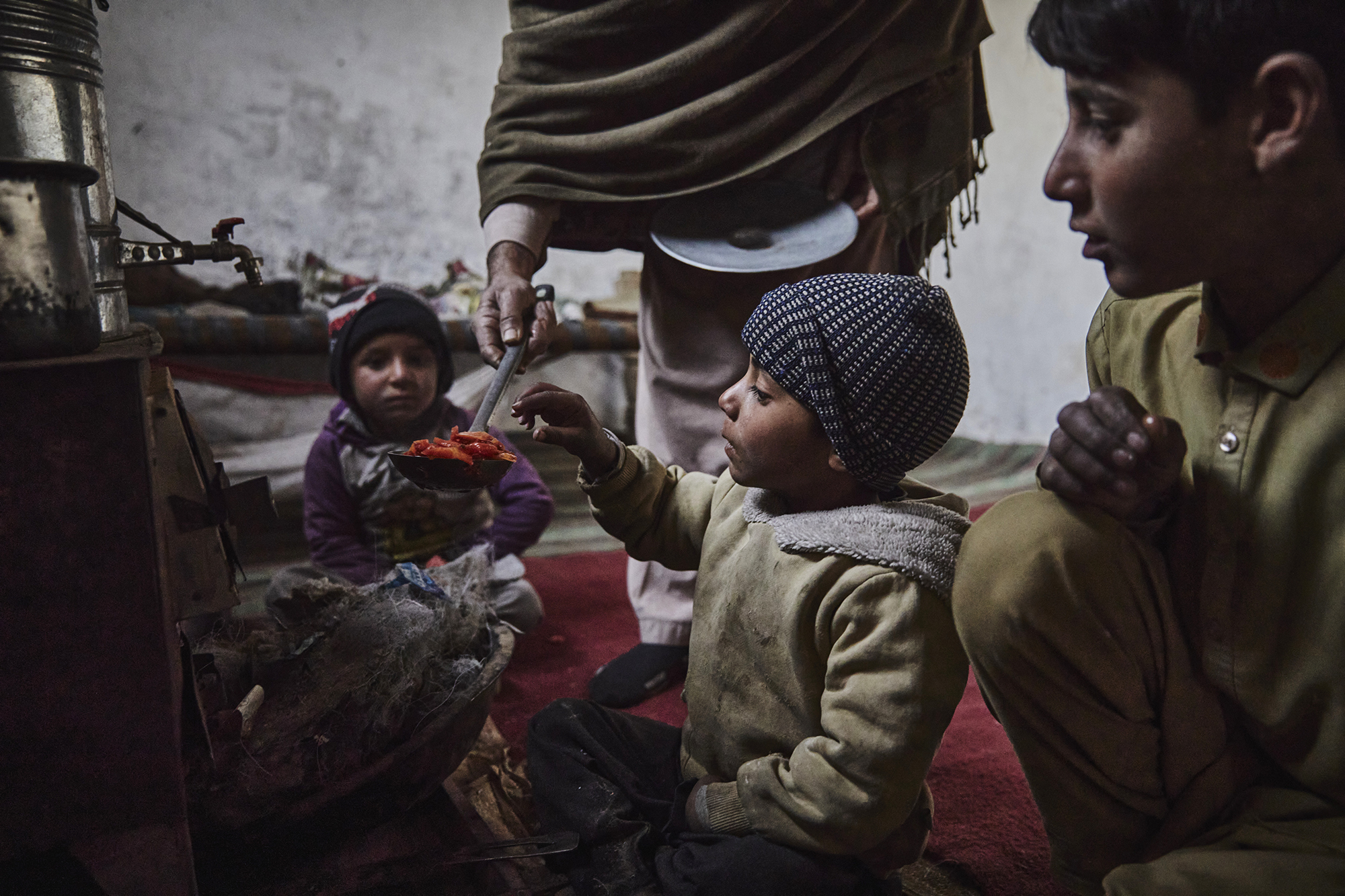Afghanistan's Economic Collapse

"And whoever among you turns away from his religion—Allah will bring forth a people He will love and who will love Him: humble toward the believers, powerful against the disbelievers..."
(Qur'an, 5:54)
The Siege Behind the Silence
Afghanistan bleeds, not from war alone, but from the cold cruelty of sanctions and financial siege. In 2021, the Taliban swept back into power after two decades of American occupation. The West humiliated and withdrew its troops, but not its claws. Instead, it tightened its grip through economic strangulation. Billions of Afghan funds remain frozen in Western banks, humanitarian aid is crippled by restrictions, and NGOs are choked by endless red tape. As if poverty were not enough, Afghanistan has endured repeated natural disasters: earthquakes that reduced entire villages to rubble, floods that swallowed farmland, avalanches and harsh winters that claimed thousands of lives. These calamities, which should have prompted compassion, were instead met with indifference and bureaucratic cruelty. To block a nation’s access to its own wealth while its people bury their dead under rubble is not collateral damage. It is a deliberate policy.
A Manufactured Crisis
When the Taliban returned, the US and its allies froze nearly $9.5 billion of Afghan central bank reserves. Sweeping sanctions were imposed under the pretext of counterterrorism. But the real victims were civilians: teachers unpaid, hospitals unstocked, families destitute. According to UN reports, over 90% of Afghans lived below the poverty line by 2025. Malnutrition reached emergency levels. Diseases once eradicated resurfaced. Entire communities survived on little more than bread and tea. The West calls this “leverage.” Afghans call it a slow death.
Economic Siege as a Tool
The economic war on Afghanistan is not new. It echoes the siege of Madīnah, the boycott of the Muslims in Makkah, and the suffocating sanctions on Gaza. In every era, when Muslims refuse submission to occupation and arrogance, they are answered first with weapons, then with hunger. Yet this Ummah has never been broken by starvation. In Kabul, in Kandahar, in Herat, mosques still echo with adhān. Qur’ān circles persist in the bitter cold. Mothers name their sons ʿUmar or Khālid. From the caves of Tora Bora to the valleys of Panjshir, Afghans have never bowed to empires: not the British, not the Soviets, not NATO.
“Our Lord, pour upon us patience and let us die as Muslims.”
(Qur’an, Al-A‘rāf, 7:126)
References
Books & Blog Sources:
- Reuters. (2025). “Just bread and tea”: WFP says aid cuts to Afghanistan leave millions hungry this winter. https://www.reuters.com/world/asia-pacific/just-bread-tea-wfp-says-aid-cuts-afghanistan-leave-millions-hungry-this-winter-2025-01-27/.
Web Sources:
- Al Jazeera. (2025). Afghans face a deepening humanitarian crisis on return home. https://www.aljazeera.com/gallery/2025/5/23/afghan-returnees-face-dire-challenges-amid-deepening-humanitarian-crisis.
- Office for the Coordination of Humanitarian Affairs. (2025). Afghanistan Humanitarian Needs and Response Plan 2025. United Nations. https://www.unocha.org/publications/report/afghanistan/afghanistan-humanitarian-needs-and-response-plan-2025-december-2024.
- SIGAR [Special Inspector General for Afghanistan Reconstruction]. (2025). Quarterly report to the United States Congress. https://www.sigar.mil/Portals/147/Files/Reports/Quarterly-Reports/2025-04-30qr.pdf.
- U.S. Department of State. (2025). U.S. assistance programs to Afghanistan terminated; student programs continue. In SIGAR quarterly report (pp. 1–78). SIGAR. sigar.milapnews.com

